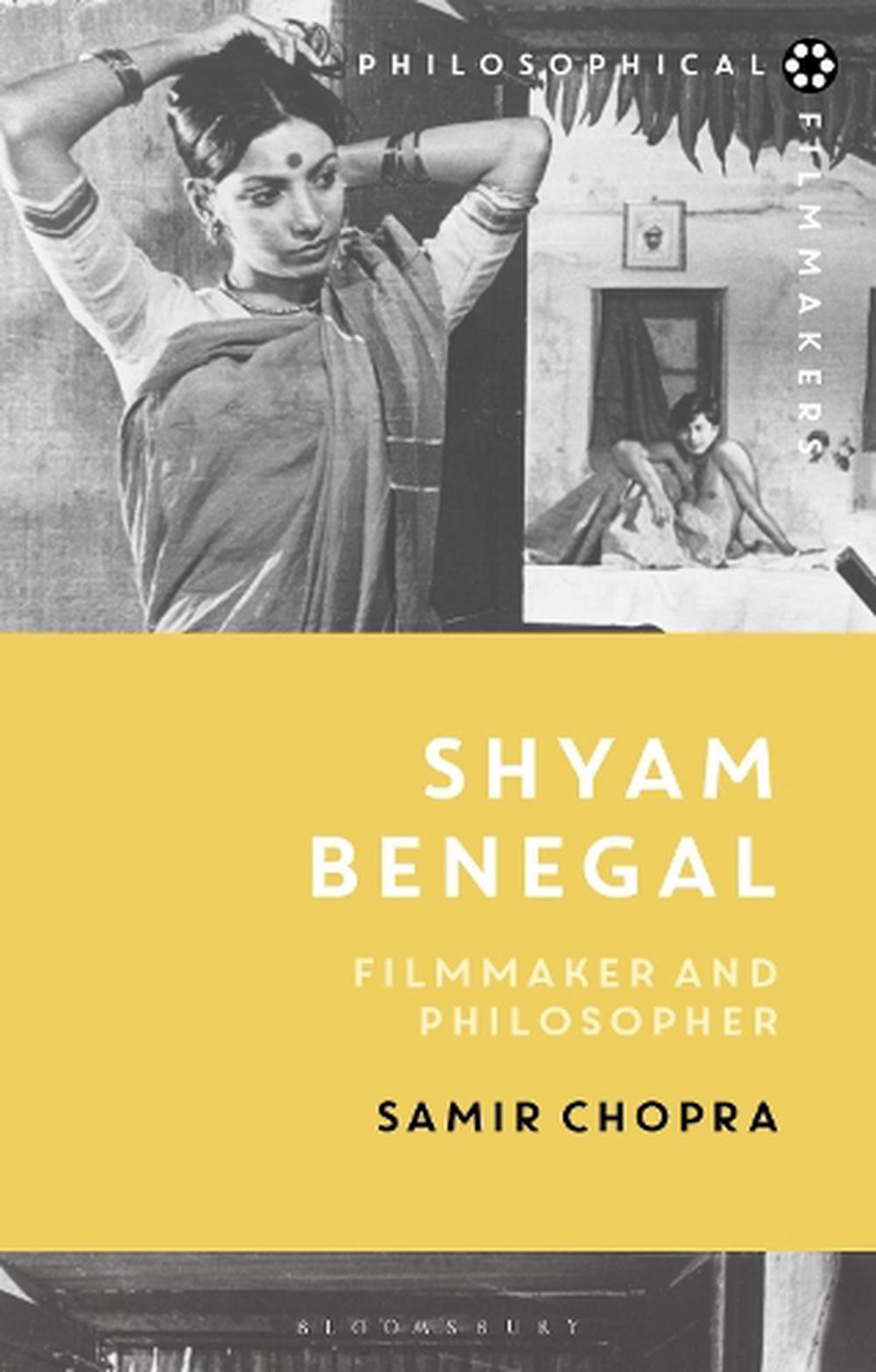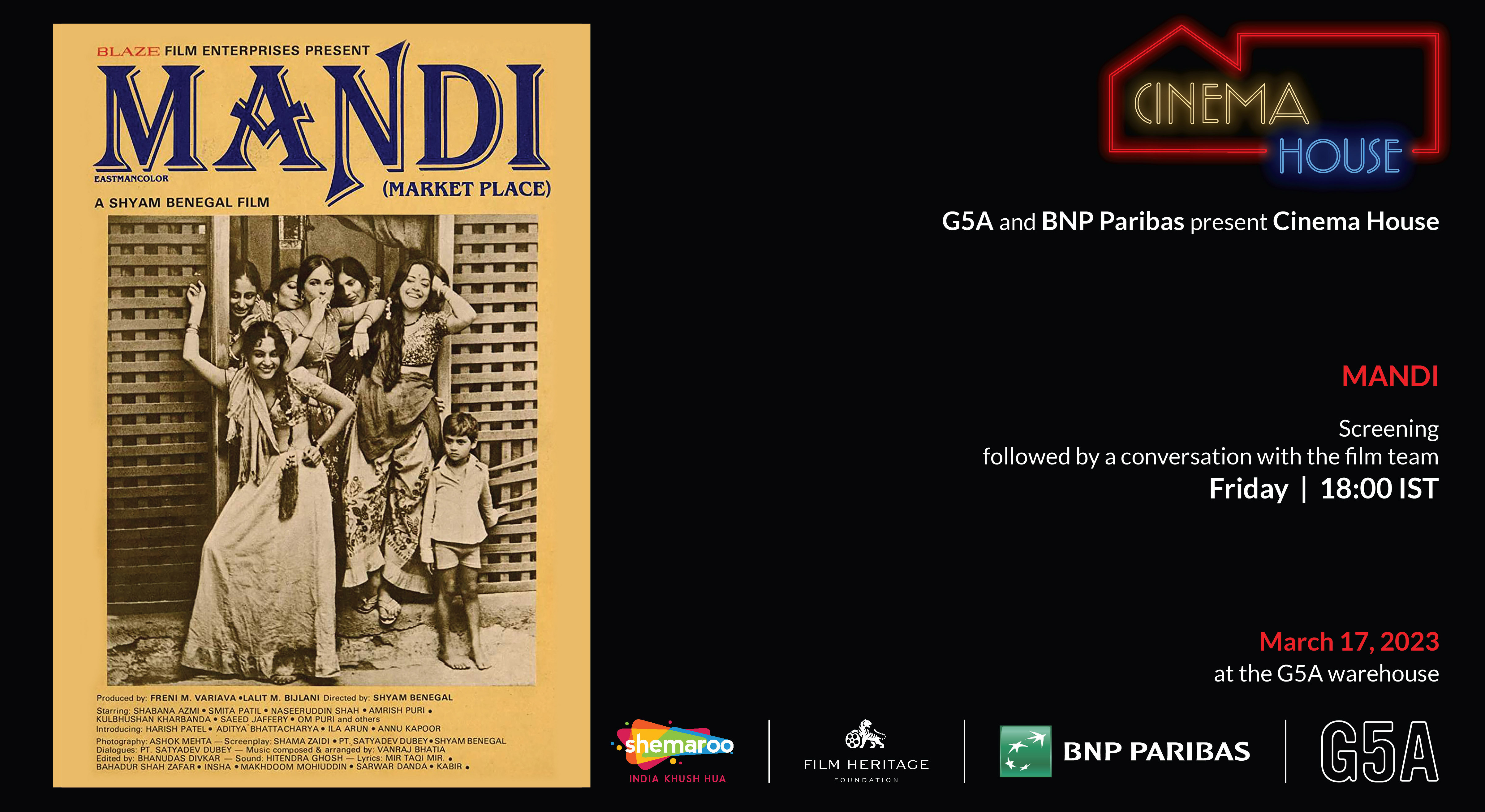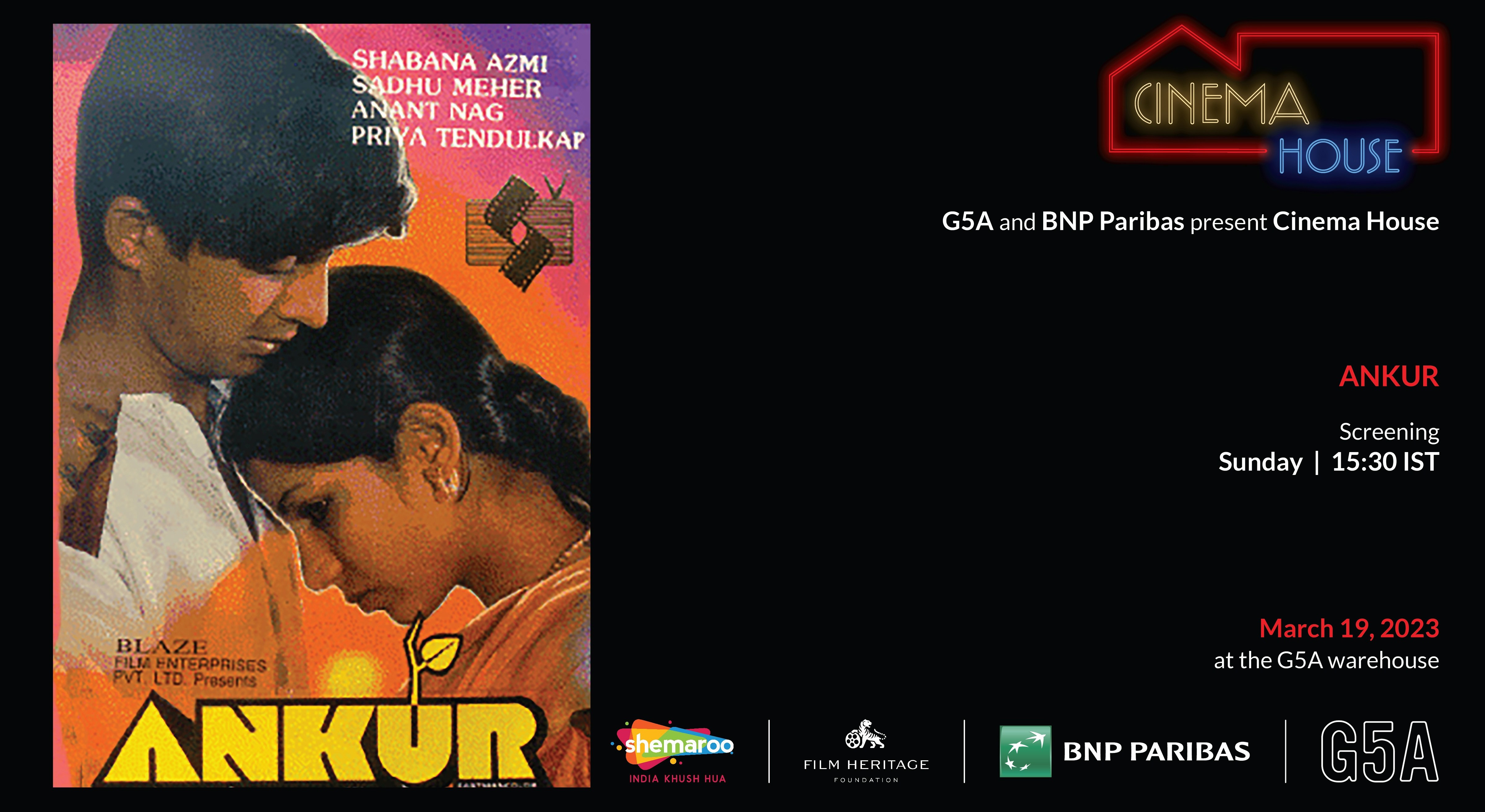Who is Shyam Benegal: Acclaimed Indian Filmmaker And Pioneer Of Parallel Cinema?
Editor's Notes: Shyam Benegal: Acclaimed Indian Filmmaker And Pioneer Of Parallel Cinema has published today. Due to the critical reception and number of awards he won, this topic is worth reading.
We put together this guide to help you understand Shyam Benegal: Acclaimed Indian Filmmaker And Pioneer Of Parallel Cinema.
Key differences or Key takeways
Shyam Benegal is an Indian film director, screenwriter, and producer. He is known for his realistic and socially relevant films, which have often dealt with issues of poverty, social injustice, and the plight of the common man.
Benegal was born in 1934 in Hyderabad, India. He studied economics and political science at Osmania University, and then worked as a journalist for a few years before entering the film industry.
Benegal's first film, Ankur (1974), was a critical and commercial success. The film tells the story of a young couple who are struggling to make a life for themselves in rural India. Ankur was followed by a number of other successful films, including Nishant (1975), Manthan (1976), and Bhumika (1977).
Benegal's films have been praised for their realism, their social relevance, and their powerful performances. He has won numerous awards for his work, including the Padma Bhushan, India's third highest civilian award.
Benegal is considered one of the pioneers of India's Parallel Cinema movement. Parallel Cinema is a term used to describe a group of Indian films that were produced outside of the mainstream Bollywood industry. These films were often made on a shoestring budget and dealt with more serious and realistic Themen than Bollywood films.
Benegal's films have had a significant impact on Indian cinema. He has inspired a new generation of filmmakers to make films that are both socially relevant and artistically ambitious.
| Criteria | Shyam Benegal |
|---|---|
| Born | 1934 |
| Occupation | Film director, screenwriter, and producer |
| Known for | Realistic and socially relevant films |
| Awards | Padma Bhushan, India's third highest civilian award |
Transition to main article topics
The following are some of the main topics that are covered in this guide:
- Shyam Benegal's early life and career
- The Parallel Cinema movement
- Benegal's most famous films
- Benegal's awards and recognition
- Benegal's legacy
We hope that this guide has been helpful in providing you with a better understanding of Shyam Benegal and his work.

Shyam Benegal: Filmmaker and Philosopher by Samir Chopra, Paperback - Source www.thenile.com.au
FAQ
This FAQ section provides answers to commonly asked questions regarding Shyam Benegal: Acclaimed Indian Filmmaker And Pioneer Of Parallel Cinema and his work.
Question 1: What is parallel cinema, and how did Shyam Benegal contribute to its development?
Parallel cinema is a movement in Indian cinema that emerged in the 1950s and 1960s, characterized by its focus on realistic and социально значимые themes. Shyam Benegal played a pivotal role in this movement, creating films that depicted the lives of ordinary Indians and addressed issues of social justice, poverty, and inequality.

Shyam Benegal Retrospective | Film screening | Mandi - Source insider.in
Question 2: What are some of Shyam Benegal's most notable films?
Benegal's filmography includes critically acclaimed works such as Ankur (1974), Nishant (1975), Manthan (1976), Bhumika (1977), Junoon (1978), and Mandi (1983). These films showcased his commitment to portraying social realities and his ability to craft compelling narratives that resonated with audiences.
Question 3: What were some of the challenges faced by Benegal in his filmmaking career?
Benegal's pursuit of parallel cinema often faced resistance from commercial interests and government censors. Despite these challenges, he remained steadfast in his vision, relying on independent funding and international recognition to continue his work.
Question 4: How did Benegal's films impact Indian society?
Benegal's films played a significant role in raising awareness and fostering dialogue about social issues. They challenged traditional norms and stereotypes, and their realistic portrayals of marginalized communities contributed to a more inclusive and empathetic view of Indian society.
Question 5: What legacy has Shyam Benegal left on Indian cinema?
Shyam Benegal is widely regarded as one of the most influential figures in Indian cinema. He pioneered the parallel cinema movement, pushing the boundaries of storytelling and challenging the status quo. His films continue to inspire filmmakers and audiences alike and stand as a testament to the power of cinema to educate, provoke, and inspire social change.
Shyam Benegal's contributions to Indian cinema have been profound, and his work continues to be celebrated for its realism, social relevance, and artistic excellence.
For further reading on this topic, refer to the following resources:
Tips from Shyam Benegal: Acclaimed Indian Filmmaker and Pioneer of Parallel Cinema
Tip 1: Prioritize Authenticity and Realism
Benegal stresses the importance of grounding stories in real-life experiences and observations. Depictions should accurately reflect societal norms, customs, and challenges.
Tip 2: Emphasize Social & Political Issues
Parallel cinema often explores pressing social and political concerns. Filmmakers can leverage their platforms to raise awareness, foster critical thinking, and spark dialogue.
Tip 3: Focus on Character Development & Relationships
Well-developed characters drive compelling narratives. Benegal encourages filmmakers to invest time in understanding their characters' motivations, complexities, and interpersonal dynamics.
Tip 4: Embrace Cultural Diversity
Indian cinema should reflect the rich tapestry of the country's cultural heritage. Incorporating diverse perspectives, languages, and art forms adds depth and realism to films.
Tip 5: Experiment with Cinematic Language
Benegal encourages filmmakers to push boundaries and experiment with innovative techniques. This includes unconventional camera angles, lighting, editing, and sound design to create immersive and engaging experiences.
Summary:
Shyam Benegal's tips offer invaluable guidance for filmmakers aspiring to create meaningful and impactful cinema. By embracing authenticity, addressing social issues, developing relatable characters, celebrating cultural diversity, and experimenting with cinematic language, they can produce films that resonate with audiences and make a lasting impact.
Shyam Benegal: Acclaimed Indian Filmmaker And Pioneer Of Parallel Cinema
A multifaceted pioneer of Indian cinema, Shyam Benegal's unwavering vision, thought-provoking narratives, and remarkable contributions have left a profound impact on the landscape of Indian filmmaking.
- Acclaimed Filmmaker: Recipient of multiple National Film Awards and international accolades for his cinematic excellence.
- Pioneer Of Parallel Cinema: Championed independent filmmaking, breaking away from mainstream norms to showcase realistic and socially relevant themes.
- Social Commentator: Films often delve into issues of social justice, inequality, and cultural identity.
- Storyteller Of The Common Man: Explored the lives and struggles of ordinary Indians, giving voice to their aspirations and experiences.
- Mentor And Educator: Nurtured young filmmakers through workshops and institutions, promoting the legacy of Indian cinema.
- International Recognition: Films have been screened at prestigious international festivals, garnering acclaim for their artistic merits and cultural significance.
Shyam Benegal's films have not only entertained audiences but also sparked dialogue, challenged societal norms, and inspired aspiring filmmakers. His commitment to realistic storytelling, his fearless exploration of social issues, and his unwavering dedication to the art of cinema have established him as a true visionary and a pioneer of Indian cinema.

Shyam Benegal made Naseeruddin Shah, Smita Patil, Amrish Puri wear same - Source indianexpress.com

Shyam Benegal on Manthan and the state of Indian cinema - Source www.mansworldindia.com
Shyam Benegal: Acclaimed Indian Filmmaker And Pioneer Of Parallel Cinema
Shyam Benegal is an acclaimed Indian filmmaker and a pioneer of Parallel Cinema, a movement that emerged in India in the 1950s and 1960s. Parallel Cinema filmmakers sought to create realistic and socially relevant films that challenged the mainstream commercial cinema of the time. Benegal's films often explored social issues such as poverty, class struggle, and gender inequality.

Shyam Benegal Retrospective | Film screening | Ankur - Source insider.in
Benegal's work has been widely recognized and awarded. He has won numerous national and international awards, including the Padma Bhushan, one of India's highest civilian honors. His films have also been screened at major film festivals around the world.
Benegal's contribution to Indian cinema has been significant. He has helped to establish Parallel Cinema as a respected and influential force in Indian film. His films have also helped to raise awareness of important social issues and have inspired other filmmakers to explore similar themes.
Table: Shyam Benegal's Notable Films and Their Social Themes
| Film | Year | Social Theme |
|---|---|---|
| Ankur | 1974 | Poverty and class struggle |
| Nishant | 1975 | Landlordism and oppression |
| Manthan | 1976 | Cooperative movement and rural development |
| Bhumika | 1977 | Female empowerment and gender inequality |
| Junoon | 1978 | Communalism and religious violence |
Conclusion
Shyam Benegal is a pioneering filmmaker whose work has had a profound impact on Indian cinema. His films have explored important social issues, challenged conventional norms, and inspired a new generation of filmmakers. Benegal's legacy will continue to inspire and inform filmmakers for years to come.
His work serves as a reminder of the power of cinema to raise awareness, challenge injustice, and promote social change. Benegal's films are a valuable contribution to Indian cinema and continue to resonate with audiences today.
EmoticonEmoticon